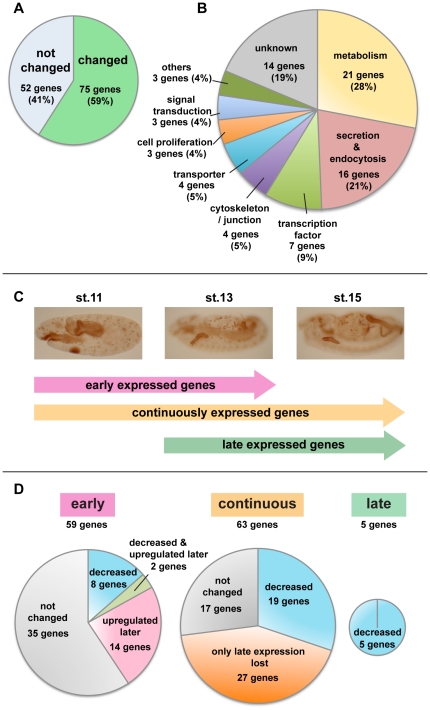Figure 2. In situ hybridization analysis reveals that Fkh affects expression of many salivary gland genes.
(A) Fkh is required for normal expression of 75 out of 127 tested SG genes. (B) Gene ontology (GO) terms associated with the SG Fkh downstream genes reveal that Fkh regulates genes implicated in a variety of activities, including metabolism and secretion/ endocytosis. (C) SG genes can be categorized based on their temporal patterns of expression. (D) Fkh affects the expression of fewer early genes than late genes. Expression of only 40% of early genes is affected by fkh loss (left), whereas expression of 71% of continuously expressed genes (middle) and expression of 100% of late expressed genes are affected by fkh loss (right). Importantly, most SG genes start to express during stage 10 or 11 (122/127), and the ‘upregulated later’ group and ‘only late expression lost’ group are the largest groups of Fkh dependent genes in each category, indicating that Fkh regulates more SG genes in late stages.

